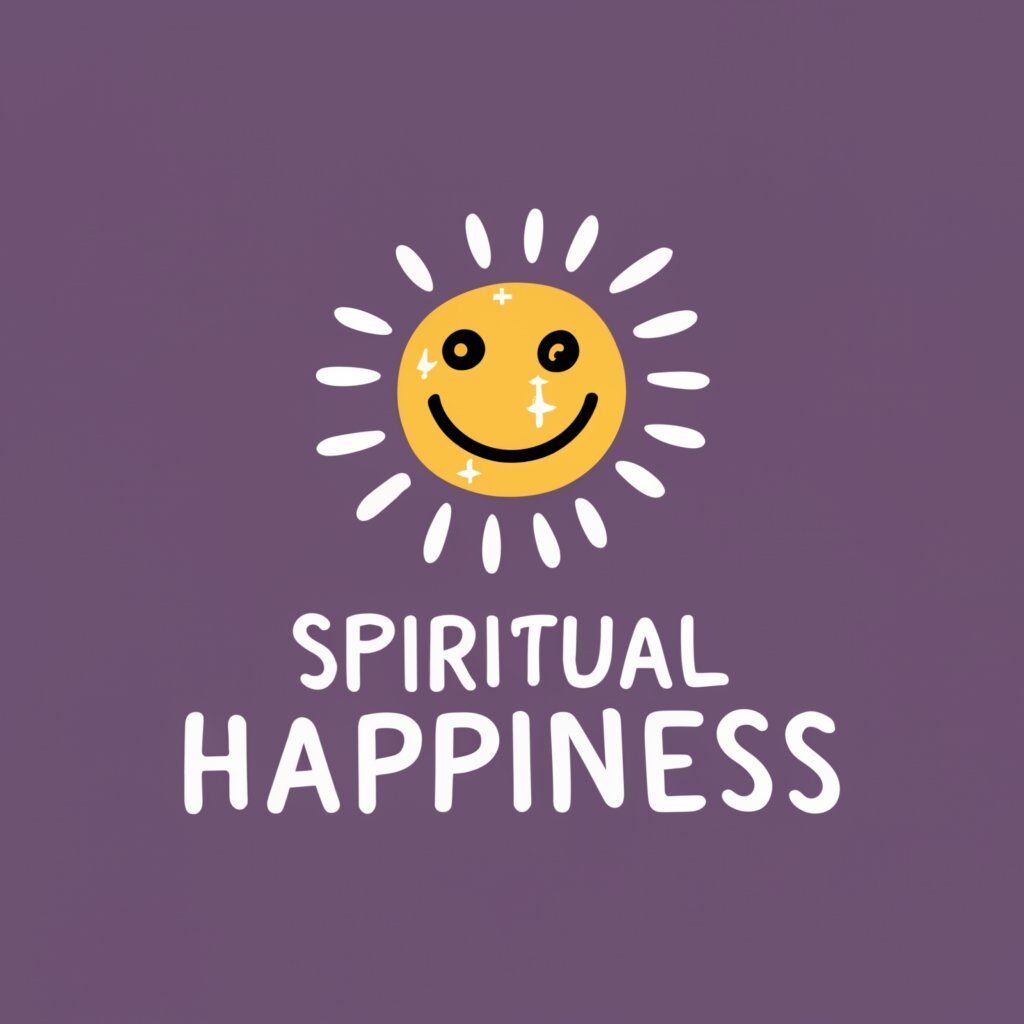Holistic Strategies for Reducing Burnout and Cultivating Resilience
A Journey to Professional Fulfillment

In the pursuit of a fulfilling career, finding a deep passion and invigoration in your work is the ultimate aspiration. Personally, I’ve been on a constant evolution of my career, striving to align it with these goals. Nevertheless, there have been periods in my life when this objective seemed out of reach. During my medical training, I grappled with episodes of burnout, grappling with fatigue, disenchantment, and occasional despair. This compelled me to embark on a multi-year odyssey of self-healing and career transformation. Thanks to dedicated exploration of Western Herbalism, yoga, meditation, nutrition, art therapy, and Ayurveda, I managed to mend my body, rejuvenate my nervous system, enhance my resilience, and recover from burnout not once, but twice. Subsequently, I carved out a niche in my practice to help others navigate a similar journey. In this article, I will impart my insights, recommendations, and techniques to set you on your path to resilience.
Identifying Burnout: Navigating the Abyss

Several contributing factors lead to burnout, including a sense of powerlessness, toxic workplace dynamics, poor work-life equilibrium, inadequate support, vague expectations, and unstable or unvarying work environments. Burnout is characterized by feelings of depletion, detachment or cynicism towards your work, and diminished professional efficacy. Frequently, it goes hand in hand with depressive symptoms such as disrupted sleep, diminished joy, concentration difficulties, and low spirits. Resilience serves as a shield against the ravages of burnout.
Nurturing Resilience: A Holistic Approach
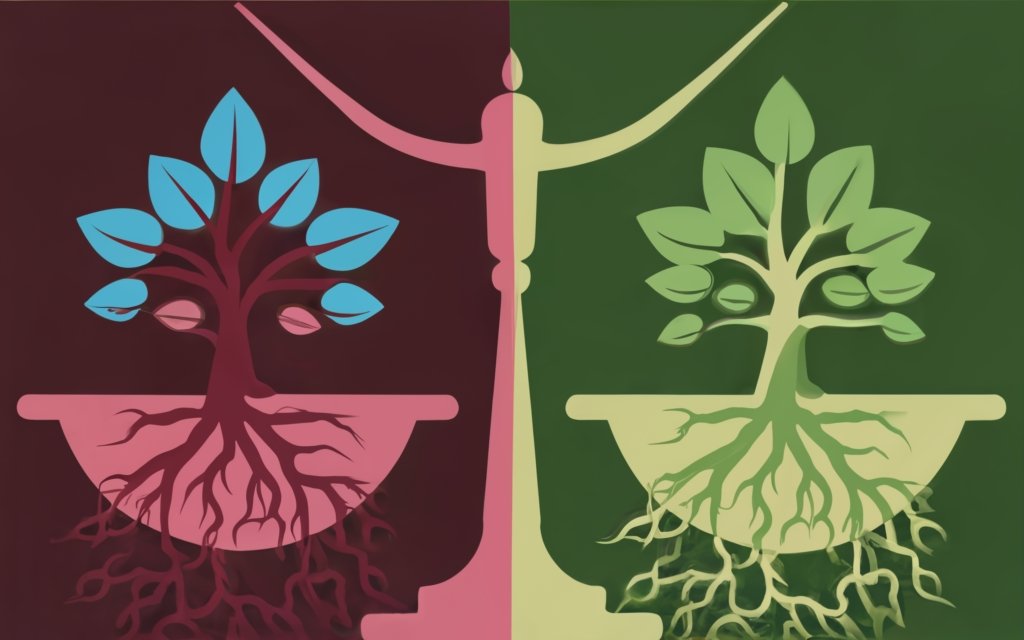
I will segment my suggestions into perspectives, behaviors, and herbal interventions. Commence by discerning the root of your burnout. What is causing this imbalance? Are you discontented with your role? Overburdened with work? Encountering domestic challenges? Do you perceive your current job as devoid of purpose?
In some instances, individuals are deeply passionate about their work but are ensnared in excessively stressful environments, where the pressure eclipses the pleasure, and the hours are ceaseless. Conversely, some find themselves ensnared in burnout because they’re investing excessive time and energy into jobs that lack personal significance. It’s imperative to ascertain whether your burnout stems from a misalignment between your current occupation and your genuine passions or if other factors are at play.
Unquestionably, you should be compassionate towards yourself, irrespective of the origins of your burnout. Some of the contributing factors may be systemic, inherent to your industry, while others might be within your sphere of influence. Assume responsibility for what can be altered and for choices that may have contributed to your disequilibrium. Exclusively apportioning blame rarely serves anyone’s interests, not in this context or in any other aspect of life.
Fundamentally, burnout represents a crisis of self-care, a glaring signal that necessitates a shift in your nurturing strategies moving forward. This may entail increased mindfulness concerning your preferred work environment, reasonable work hours, conducive physical spaces, and compatibility with tasks, colleagues, or clients. It could even entail a complete professional reorientation. Embrace this as part of your soul’s journey. Not every individual thrives in any environment; some of us have more delicate constitutions, requiring meticulously tailored work settings. If wholesale transformation is in order, consider it a component of your professional evolution. As you navigate towards your ideal career expression, you can gradually enhance self-care and resilience, effectively harmonizing your needs with your job’s demands.
Resilience is, at its core, about equilibrium. In balance, resilience naturally thrives, while any deviation from this equilibrium precipitates physical, mental, and spiritual malaise. The principles of Ayurveda also emphasize balance. Adhering to Ayurvedic precepts, adopting a lifestyle and diet congruent with your dosha, and addressing imbalances contribute to the vitality, or ojas, vital for resiliency.
Herbal Allies in the Battle Against Burnout
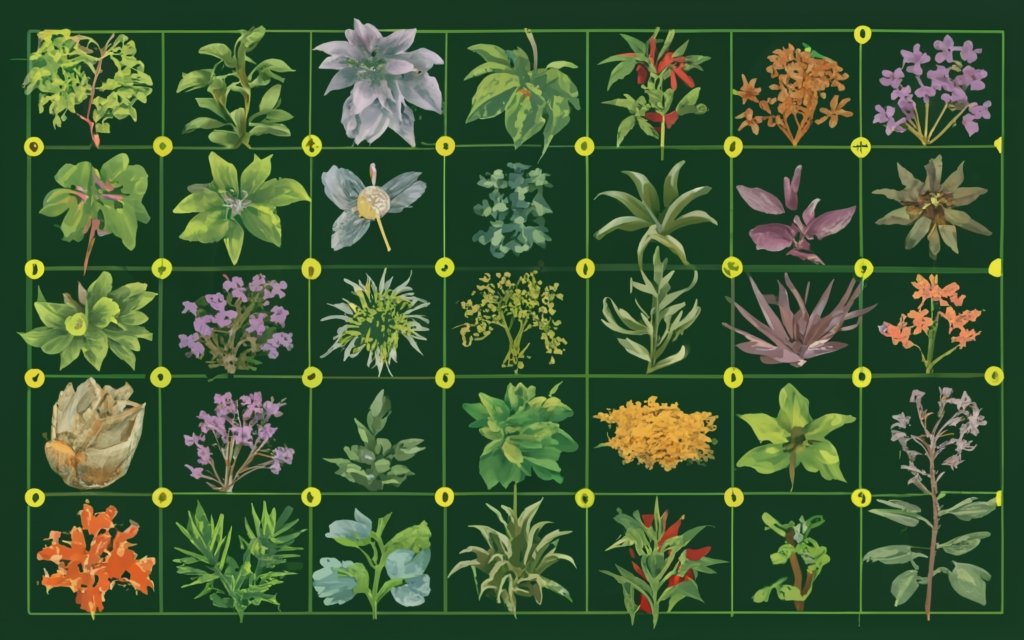
The following list enumerates Ayurvedic and Chinese herbs, alongside supplements, that I hold in high regard for combatting stress and nurturing resilience. There are other botanicals and supplements that may complement your personal journey, and I advocate integrating those that resonate with you and align with your body’s preferences. These are my personal favorites, tried and tested over the years with great success.
Holy Basil (Tulsi) – My top choice for resilience, adrenal support, and stress management. Loose leaf organic Tulsi, infused with sliced ginger root, 1-3 times daily, or capsules at 600-1800 mg/day.
Ashwagandha – Another Ayurvedic gem, an adaptogen that aids the body in coping with physical and emotional stress. A dosage of 250-500 mg/day.
Rhodiola – Derived from Traditional Chinese Medicine, this herb assists the body, and mind, in adapting to stress, even at high altitudes. A daily intake of 120-220 mg.
Gotu Kola (Brahmi) – A personal favorite, especially soothing for Vata nervous system instability, including anxiety, restlessness, and insomnia. This herb relaxes and rejuvenates the nervous system. An ideal daily dose ranges from 700-1400 mg.
Turmeric – An effective antioxidant, combatting oxidative stress following periods of strain. Incorporate it into your diet, or opt for capsules at 1500-2000 mg/day.
Ginger – Akin to turmeric in action and effect, it balances Vata and Kapha and reduces cortisol levels. Consume it daily, sliced in a mug of Tulsi tea.
B-Vitamins – Highly beneficial during stressful episodes, multiple blends are available, each with adequate quantities.
Fish Oils/Omega 3 Fatty Acids – A valuable support, with a recommended intake of 2 grams daily.
CoQ10 – A versatile antioxidant that augments numerous conditions, both physical and emotional. It can ameliorate stress, mood, anxiety, headaches, heart health, wound healing, sunburns, and more. An intake of 60-500 mg/day.
Consider also: alpha lipoic acid, Siberian ginseng, vitamin C, resveratrol, royal jelly, bee pollen, reishi mushroom, chyawanprash, and shilajit.
Cultivating Resilience: Habits and Practices
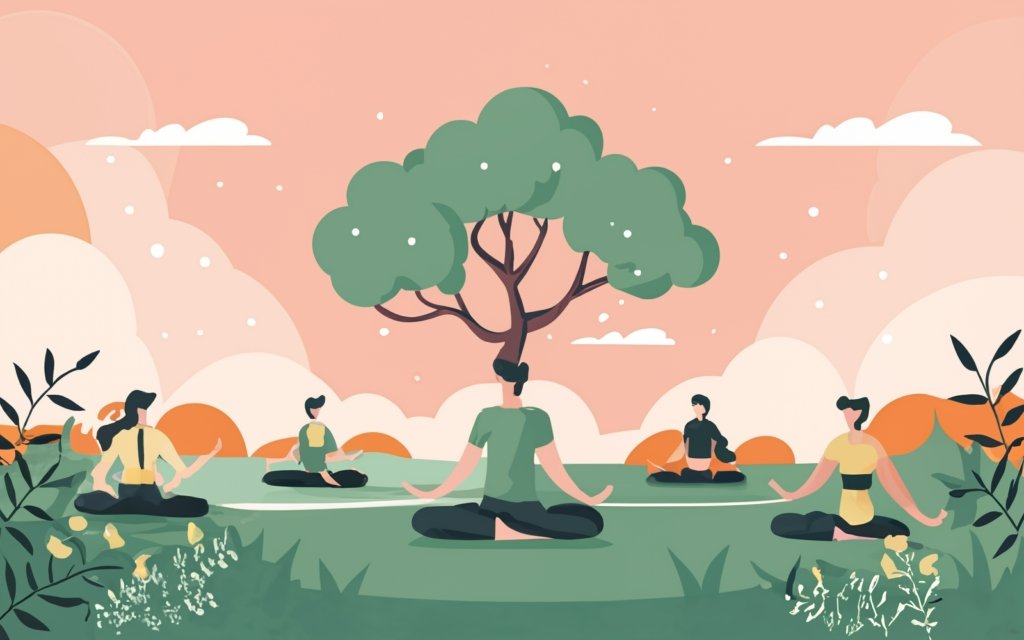
Yoga – A universal remedy, enhancing glutathione, a natural antioxidant, which fortifies the body against stress, infections, and inflammation. Scientifically proven to elevate mood, reduce anxiety, enhance sleep, and augment longevity. Incorporate 2-5 classes per week.
Meditation – A profound tool for boosting resilience, supported by evidence against stress, anxiety, depression, and more. Dedicate 15-30 minutes daily to meditation.
Ecotherapy – A holistic super-remedy close to my heart, this entails the healing power of nature, a fundamental aspect of Ayurveda. Time spent in nature, supported by robust evidence, reduces stress, bolsters the immune system, alleviates anxiety, elevates mood, and mitigates inflammation. Ideal: 1 hour daily or 3-4 hours on a weekend.
Massage (Abhyanga in Ayurveda) – Elevates serotonin and dopamine, reduces cortisol, fosters relaxation, and pacifies the nervous system. Weekly sessions after work are worth every minute.
Art/Dance/Music Therapies – Profoundly healing and restorative, these are supported by ample evidence. Even if you perceive yourself as non-creative, engaging in art, music, or dance allows the mind and body to relax and release tension. Creative expression kindles inspiration and fosters self-connection. Dedicate one session per week.
Exercise – A cornerstone of many resilience strategies, vigorously exercising three times a week or more is highly recommended.
Nutrition – Your diet plays a pivotal role. Minimize sugar, alcohol, processed foods, baked goods, and caffeine. Opt for a diet rich in fruits, vegetables, whole grains, and lean meats or consider a vegetarian approach. Are you consuming a plate full of vegetables daily? If not, consider it.
Recovery and Transformation: The Gift of Burnout
Burnout serves as a poignant indicator of life teetering out of balance. Embrace it as a mentor, offering valuable lessons. One gift of burnout is its potential to show you how to better care for yourself, across various facets of life. It may be the nudge leading you back to your true dharma, your life’s purpose, if you’ve strayed from your path or are stagnating. Burnout equips you to serve more effectively and efficiently in the future.
When you embark on the journey of healing your mind and body from the impacts of stress, the skills you acquire will enrich your life indefinitely. Aligning your career with your personality, your needs, and your passions brings more joy and fulfillment than your former self could have envisioned. Restoring balance is the pinnacle of empowerment. Energy invested in healing equals the light available to shine!
In Closing
Cultivating resilience is an art, a holistic endeavor. It requires a profound understanding of your inner and outer worlds. By tending to your body, your mind, and your spirit, you can transform burnout into an opportunity for growth and self-realization. Each individual’s path to resilience is unique, but the journey is universally rewarding. Start your expedition today and relish the transformation.
Navigating the Path to Resilience: Your Personal Journey
Resilience is a personalized voyage, and there’s no one-size-fits-all solution. As you embark on your path to resilience, consider these essential steps to craft your unique strategy:
1. Self-awareness: The foundation of resilience lies in self-awareness. Start by examining your current state, acknowledging your stressors, and recognizing the signs of burnout. This introspection is the compass guiding you towards the equilibrium you seek.
2. Establish boundaries: Setting clear boundaries is crucial in preventing burnout. This might entail defining your working hours, delegating tasks, and saying no when necessary. Boundaries are a form of self-respect and a fundamental component of self-care.
3. Mindfulness: The practice of mindfulness is a powerful tool to manage stress. It involves being present in the moment, observing your thoughts and emotions without judgment. Mindfulness meditation can help you stay grounded and cope with the challenges of daily life.
4. Seek support: You don’t have to navigate the journey to resilience alone. Reach out to friends, family, or a professional for support. Sharing your experiences and feelings with others can provide a sense of relief and validation.
5. Engage in self-care: Prioritize self-care by nurturing your physical, mental, and emotional well-being. This includes a balanced diet, regular exercise, adequate sleep, and relaxation techniques such as deep breathing and progressive muscle relaxation.
6. Time management: Effective time management is essential for reducing stress and avoiding burnout. Organize your tasks, prioritize them, and allocate your time wisely. Don’t forget to schedule time for relaxation and enjoyment.
7. Embrace adaptability: Resilience entails the ability to adapt to change and bounce back from adversity. Be open to new possibilities, and view challenges as opportunities for growth rather than insurmountable obstacles.
8. Pursue your passions: Reconnect with your true passions and consider how you can incorporate them into your work. Aligning your professional life with your personal interests can reignite your enthusiasm and enhance your resilience.
9. Continual learning: Stay open to lifelong learning and personal development. Building new skills and knowledge can empower you to overcome challenges and adapt to ever-changing circumstances.
10. Set realistic goals: Establish achievable goals and celebrate your successes, no matter how small. This can provide a sense of purpose and accomplishment, counteracting feelings of burnout.
Incorporate Holistic Practices for Resilience
While the core principles of resilience remain consistent, holistic practices can offer additional support on your journey. These include:
1. Yoga: As previously emphasized, yoga is a universal healer, enhancing both physical and mental resilience. Regular practice can bolster your ability to handle stress, cultivate balance, and boost your overall well-being.
2. Meditation: Meditation is a steadfast ally in nurturing resilience. Daily practice can rewire your brain for greater emotional stability, enhanced focus, and a heightened capacity to manage stress.
3. Ecotherapy: Nature is a powerful healer. Spending time in natural settings can soothe your spirit, reduce stress, and elevate your mood. Integrate nature walks, hikes, or simple moments of outdoor connection into your routine.
4. Massage and Bodywork: Regular massages, inspired by the Ayurvedic practice of abhyanga, can significantly reduce stress, enhance relaxation, and alleviate the physical toll of burnout. It’s a therapeutic practice well worth your time and investment.
5. Art/Dance/Music Therapies: Engaging in creative expression, even if you don’t consider yourself particularly artistic, can provide a profound sense of connection to yourself and others. Creative therapies offer a route to relaxation and stress relief.
6. Exercise: Incorporating vigorous exercise into your routine is a tried-and-true method of fortifying resilience. It elevates mood, enhances physical fitness, and provides an outlet for stress release.
7. Nutrition: A wholesome diet forms the foundation of your resilience. Focus on nourishing your body with whole foods, minimizing processed items, and staying hydrated. Balanced nutrition complements your mental and physical health.
Transformation and Resilience

Burnout can be a catalyst for profound transformation. The process of healing your mind and body from the effects of stress offers you the invaluable gift of self-discovery. This transformation can guide you towards a career that harmonizes with your personality, your passions, and your intrinsic needs, ushering in a sense of fulfillment beyond your previous expectations.
The Fulfilling Journey of Resilience
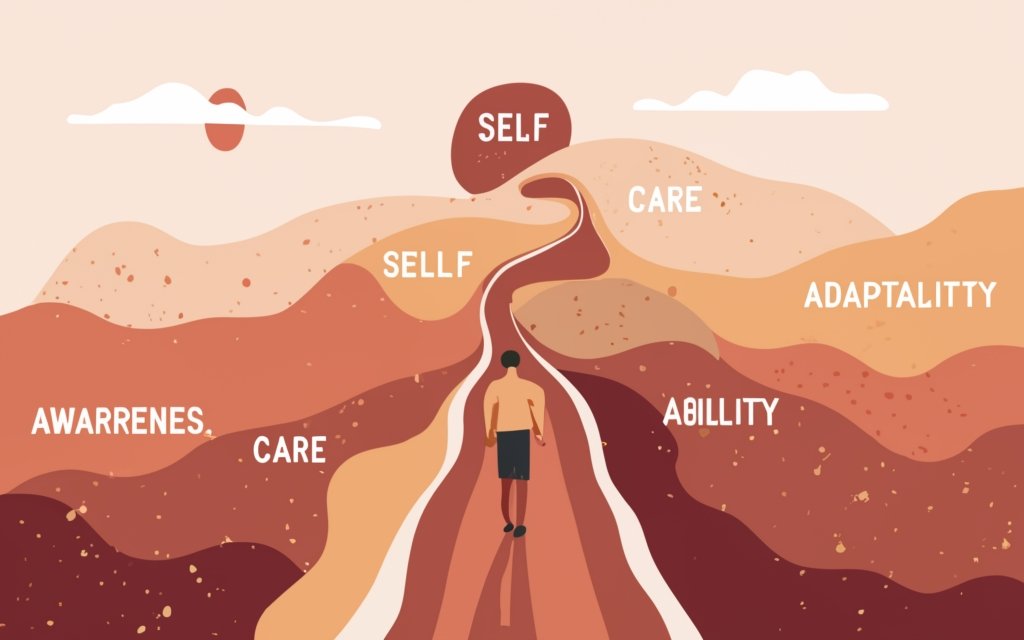
Cultivating resilience is an art, a holistic endeavor that brings to light the power of self-care and the wisdom to harmonize your inner and outer worlds. As you navigate the terrain of resilience, you’ll discover that it’s not only about surviving; it’s about thriving in the face of adversity. Take the first step on your journey today, and let the transformation begin. Your path to resilience is waiting to be unveiled and cherished.
Conclusion: The Ongoing Quest for Resilience
In the quest for resilience, your journey is not a finite expedition but a continuous exploration. Embracing the principles of holistic well-being, self-awareness, self-care, and adaptability, you equip yourself to withstand the ebbs and flows of life. Resilience is an evolving art, a dynamic balance that requires continual attention, adaptation, and renewal. As you progress along this path, remember that every challenge is an opportunity, and every transformation shapes the resilient, empowered individual you are destined to become.
FAQ: Navigating the Resilience Journey

Q1. How long does it take to cultivate resilience?
A1. Resilience is a lifelong journey. It varies from person to person and depends on individual circumstances. Building resilience is not about a fixed timeline but an ongoing commitment to self-improvement.
**Q2. Can resilience be learned or developed?
A2. Absolutely. Resilience is a skill that can be cultivated through self-awareness, mindfulness, and adopting healthy practices. It’s a journey of personal growth that anyone can undertake.
**Q3. What if I’m overwhelmed by stress and burnout?
A3. Seek support. Reach out to friends, family, or a mental health professional for guidance. Overcoming overwhelming stress and burnout often requires a support network.
**Q4. Are there any other holistic practices for resilience?
A4. While we’ve covered several holistic practices in this article, there are many more, including aromatherapy, acupuncture, and herbal therapies, that can contribute to your journey to resilience. Explore what resonates with you.
Q5. Is resilience the same as stress management?
A5. Resilience goes beyond stress management. It encompasses the ability to not only manage stress but also bounce back from adversity, adapt to change, and thrive in the face of challenges.
Q6. How do I know if I’ve achieved resilience?
A6. Achieving resilience doesn’t mean you’ll never face difficulties again. Instead, you’ll find that you’re better equipped to handle adversity, maintain a positive outlook, and recover more swiftly from setbacks.
Q7. Is it necessary to incorporate all the practices mentioned in the article for resilience?
A7. No, it’s not necessary to include all the practices. You can select those that resonate with you and align with your preferences and lifestyle. The key is to adopt a holistic approach that covers physical, mental, and emotional well-being.
Q8. Can I experience burnout more than once in my career?
A8. Yes, it’s possible to encounter burnout multiple times in your career, especially if you don’t address the underlying causes and implement resilience-building practices. However, each experience can serve as a learning opportunity and a chance for personal growth.
Remember, your journey to resilience is a personal odyssey. The key is to embrace the principles of self-awareness, self-care, and adaptability as you continue to navigate the path of resilience. With persistence and the right practices, you can transform burnout into a stepping stone to personal empowerment and professional fulfillment.
